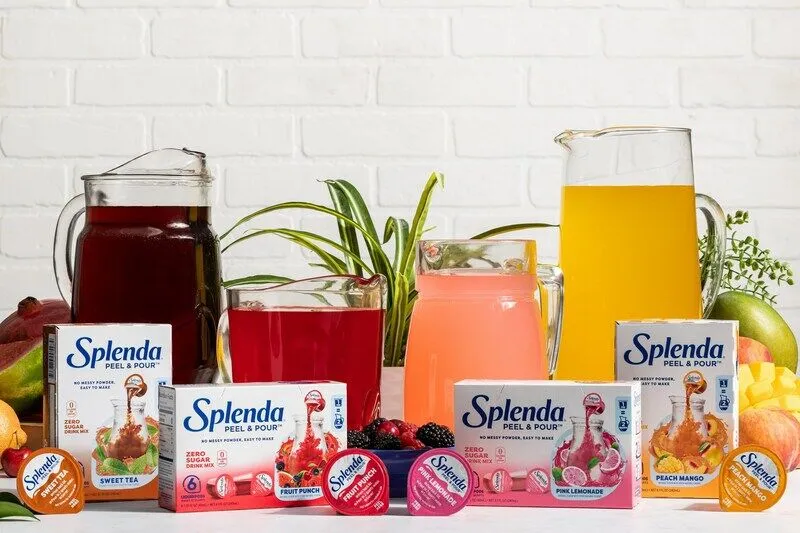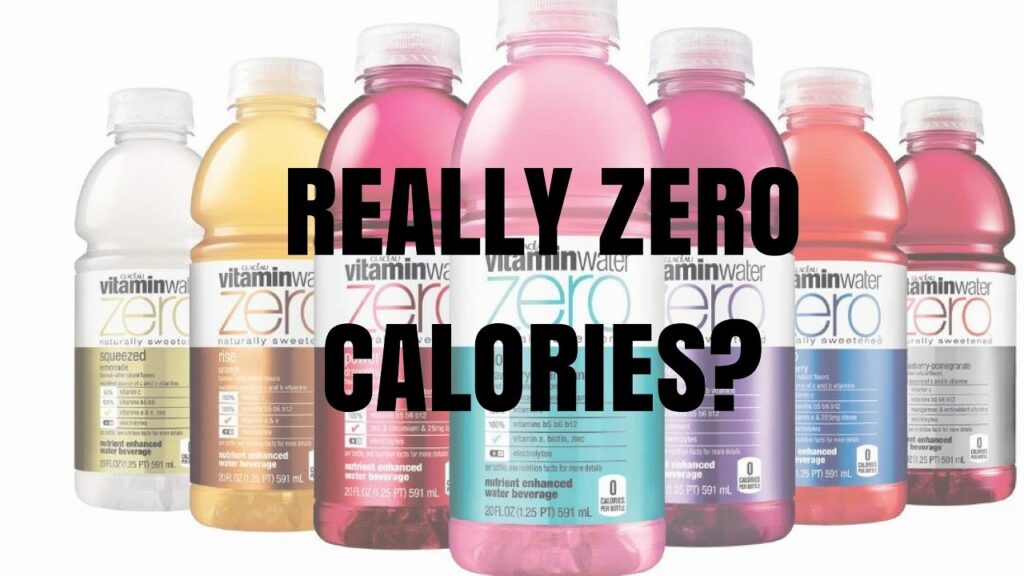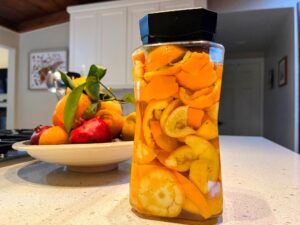Diet drinks are often marketed as a healthier alternative to regular sugary sodas, promising fewer calories and less sugar. Many people choose them in hopes of managing their weight or improving their health. However, while they may seem like a better choice, there are some hidden risks and concerns surrounding these drinks that we should consider. In this article, we’ll take a closer look at whether sugar-free drinks are truly a healthier option or if they come with their own set of health challenges.
How Diet Drinks Came About
Diet drinks first became popular in the 1950s when people started looking for ways to reduce their sugar intake. At the time, sugar was known to contribute to weight gain and health problems like diabetes.
Companies saw an opportunity to create sodas that tasted sweet but didn’t have the calories from sugar. They replaced sugar with artificial sweeteners, which gave the drinks a sweet taste without adding calories.
Coca-Cola introduced the first widely known diet soda, “Tab,” in 1963. Other brands, including Diet Pepsi, followed, making it easier for people to enjoy soda without worrying about calories. Over time, these drinks grew in popularity as more people became concerned about their weight and health.
Why Sugar-free Drinks Are So Popular Today
Today, diet drinks are more popular than ever, found in nearly every grocery store, fast food restaurant, and vending machine. Many people choose them because they believe they are a healthier option. Big brands like Coca-Cola and Pepsi have expanded their diet drink lines with a variety of flavors to cater to different tastes.
Sugar-free drinks are marketed as a way to enjoy a sweet, refreshing beverage without the extra calories, making them appealing to those concerned about weight gain. Their convenience also adds to their popularity, as they are easily available wherever you go. With so many options, diet sodas continue to attract a wide audience.
Why Diet Sodas May Be Harmful

While diet drinks may seem like a healthier choice, they can actually be just as bad, or even worse, than regular sodas. One big concern is the artificial sweeteners used in these drinks. Sweeteners like aspartame and sucralose can trick your brain into craving more sweetness. This can lead to overeating or cravings for other sugary foods.
Studies suggest that drinking diet sodas regularly can mess with your metabolism and gut health. The chemicals in diet drinks might change the bacteria in your gut, which can affect digestion and overall health. Some research also links sugar-free drinks to a higher risk of obesity, diabetes, and heart disease.
Another issue is that diet drinks have no nutritional value. Even though they have fewer calories, they don’t provide any health benefits. So, while you’re avoiding sugar and calories, you’re missing out on nutrients.
Over time, this can lead to poor eating habits and might even contribute to weight gain. People who drink diet sodas regularly may also be more likely to choose unhealthy foods, thinking they’ve made a “healthy” choice with their drink.
How to Make Healthier Choices

To avoid the negative effects of diet drinks, it’s a good idea to reduce or eliminate them from your diet. Start by cutting back slowly so it’s easier to adjust. Instead of reaching for a diet soda, try drinking water, flavored water, or herbal teas. These options can hydrate you without the artificial sweeteners or chemicals found in sugar-free drinks.
If you miss the sweetness, you can try natural alternatives like fruit-infused water or a splash of 100% fruit juice. Another great option is sparkling water, which can give you the fizz of soda without the harmful ingredients.
Eating a healthy diet with whole foods can also help reduce cravings for sugary drinks. By filling up on fruits, vegetables, and healthy snacks, your body may crave fewer processed foods and drinks. Over time, your taste for sugary and artificially sweetened drinks may decrease, helping you make healthier choices without the need for diet sodas.
Are Diet Drinks Really Better for You?
While diet drinks might seem like a quick fix for cutting calories or sugar, they come with hidden risks that can affect your health. The question remains: are they really better for you? It’s important to choose drinks that truly nourish your body, like water or natural teas. These options support your well-being in a more meaningful way.
By making small changes and paying attention to what you consume, you can create healthier habits. This will benefit both your physical and mental health. So, the more we focus on natural, whole options, the better we can feel and live a balanced lifestyle.














